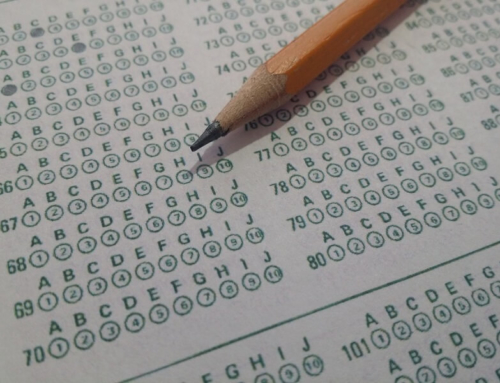
Now that the giddying highs of your first few months of university life have subsided. The true realisation of how much work and information you need to absorb in the next few years, has probably become apparent. As a dyslexic student, that realisation may be just that little bit more daunting.
If you need any assistance when reading this post please note Browsealoud is installed on this site. Click the headphone logo in the top left corner of the screen to launch the assistive toolbar.
In my experience, dyslexic students fall into one of three categories.
- A student that breezes through university on a course where dyslexia doesn’t cause them problems.
- A Student that realises/knows where their areas of weakness lie and are already taking advantage of the help provided by their university.
- A student that is struggling in silence, hiding their dyslexia because of the stigma or misconceptions around what asking for help will mean.
If you’re a number 2, you can probably stop reading as you are probably already benefiting from the help and resources available to you. If you’re a 1 or 3 you may be interested in what you find if you read on.
Many students are still a little coy when it comes to disclosing they are dyslexic. There are many myths about the consequences of disclosing that you’re dyslexic or you may be.
Commonly held myths:
- If I disclose that I find elements of my course challenging I will be kicked off the course.
- Culturally with in my family/group of friends dyslexia is something that is not talked about and still has a lot of stigma. If I seek help or advice it will get back to my parents/family/friends.
- I want to prove I can do it by myself without any extra time or leeway for spelling.
- I’m doing ok, I don’t actually feel that I need any extra help or advice, so there’s no point disclosing it.
Whichever category you fall into, it may be worth your while making some form of contact with the department in your uni’ that deals with dyslexic students. Once there, if you feel what’s on offer is not for you, don’t worry you won’t be forced to take help or put onto some sort of black list. Quite the contrary, you might be pleasantly surprised but the information you do find.
“It can only be a positive thing for somebody to come along and say that their dyslexic or might be Dyslexic” says Peter DeCasagrande, an Adviser with The Disability and Dyslexia Service at Brunel University, London.“Lots of students worry about what’s going to happen to them if they say their dyslexic. They worry that someone’s gonna say, ‘we’ll you can’t do your course,’ where as in fact the opposite is the case. If they come and see us it’s a completely confidential service, we won’t do anything without the student wanting us to. We won’t tell the academic school they are dyslexic if they don’t want us to. Support is only geared towards what the student wants.”

If you’ve already been diagnosed with dyslexia at school or college, the chances are at some point you’ve heard the chorus line from D-haters, “isn’t it unfair that dyslexics get a free computer” or, “isn’t it unfair that dyslexics get extra time.” With the new found freedom and independence that uni’ life can instil, we sometimes start to harbour some of this sentiment ourselves. We want to prove to the world we can do uni’ just the same as anyone else. Taking this stance may feel great in the short term, but can sometimes cause problems further down the line. “There are lots of students that come to us when they’re struggling saying, ‘I wish I’d come here
It’s not uncommon for dyslexic students on more practical courses to breeze through the first few years of their course with no problems what so ever. However when their third year dissertation becomes a reality, Dyslexia unexpectedly rears its ugly head. Peter again, “A typical example is a bright student, very good at what they do, but when it comes to writing it doesn’t express their thoughts. They’ve failed their dissertation, they’ve been given a chance to retake it, and this is the point when they come to see me for one to one study skills.” It’s important to make sure you do some forward planning and identify the points in your course where dyslexia may become an issue. This allows you to work independently for much of your course, but gives you the foresight to identify problems and ask for help before it’s too late.

So the moral of the story is, whatever the relationship you have with dyslexia, whether you’re embarrassed, think it may affect your progress on your course, think it doesn’t affect you or want to prove that it doesn’t affect you. It’s worth having a quick chat with one of your uni’s dyslexia advisors, as like I said, you may be pleasantly surprised by the information you receive.
If you like this post subscribe to this blog, join our newsletter or follow us on Facebook or Twitter to keep up to date with new content. You might also like our podcasts.
The Codpast is a multimedia production from www.extraordinaire.tv







